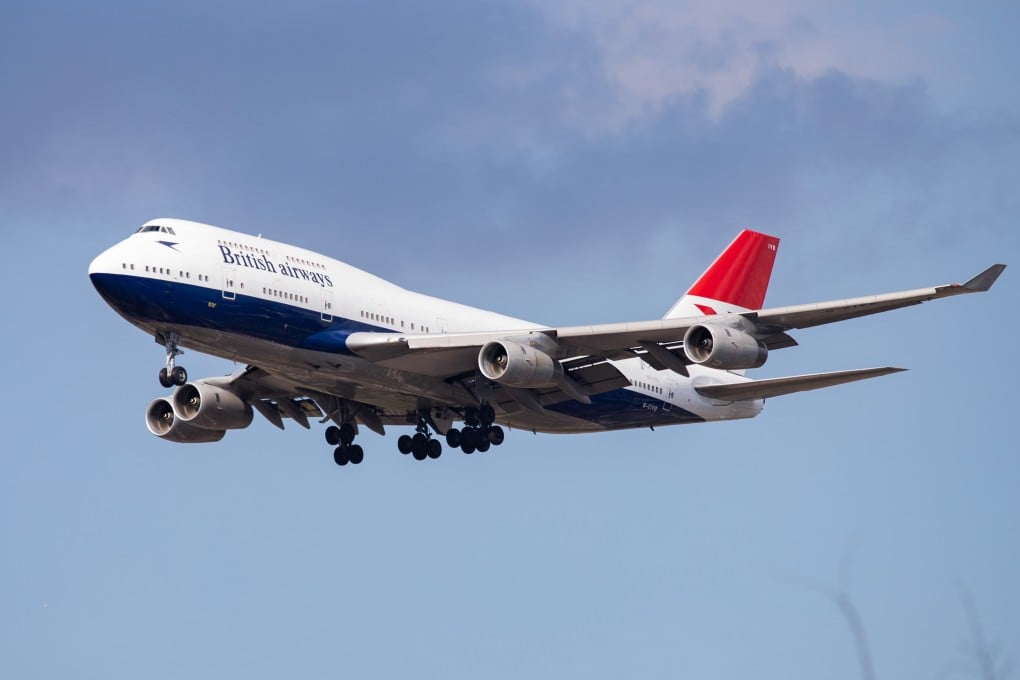Advertisement
Abacus | As the world’s post-Covid recovery takes off, a closed Hong Kong is poorer than it thinks
- The city’s economy relies on four business pillars. Finance and property have proved Covid-resilient; tourism and logistics have been severely damaged
- The city is rich, and its reserves mean it can ride things out by giving away free money to puff up GDP. But it is becoming poor as a place to work, study, or shop – and its zero-Covid approach means it risks missing out as the rest of the world speeds past
Reading Time:5 minutes
Why you can trust SCMP
56

I felt rather privileged to receive a note from the chairman and CEO of British Airways to tell me a historic event had occurred: the vast majority of people in the UK, fully vaccinated and with a quick Covid test, could again fly to the United States. After 18 months of disruption, non-essential travel is being welcomed back by America across its air, sea and land borders.
This is a big deal for Mexico and Canada, where crossing borders had become a way of life for many thousands who entered the US daily to work, study and shop. Unvaccinated travellers can still engage in essential travel, but only until January next year, at which point everyone needs to be vaccinated to incentivise the stragglers.
ONE WORLD
Advertisement
To mark the event, frenemies British Airways and Virgin Atlantic celebrated with a “synchronised departure on parallel runways at Heathrow”. At 8.30am on November 8, BA001 – the old Concorde flight – and VS003 took flight for the US. It was a little like watching the Red Arrows, but much slower and less exciting – yet it still brought a tear to my eye.
American Airlines staff were wrestling with red, white and blue balloons to decorate Terminal 3 while their old friends at Japan Airlines were checking-in passengers for JL044 to Haneda – including businessmen, who can now go to and from Japan on short trips once the formidable paperwork is in order.
Advertisement
For Japan Airlines and British Airways’ Oneworld alliance partner Finnair, the US opening was also very big news. By April 2022 the Finns plan to have 79 European, 10 Asian and four American destinations back online. Grand news, though it’s still significantly less than the pre-pandemic peak. Back then Japan was Finnair’s second largest destination after Europe, with five routes to Tokyo, Osaka, Nagoya, Fukuoka and Sapporo. The Nordic airline could back then offer the shortest route to 150 European destinations, and it was a favourite of cost-conscious Hong Kong globe-trotters.
Advertisement
Select Voice
Select Speed
1.00x
